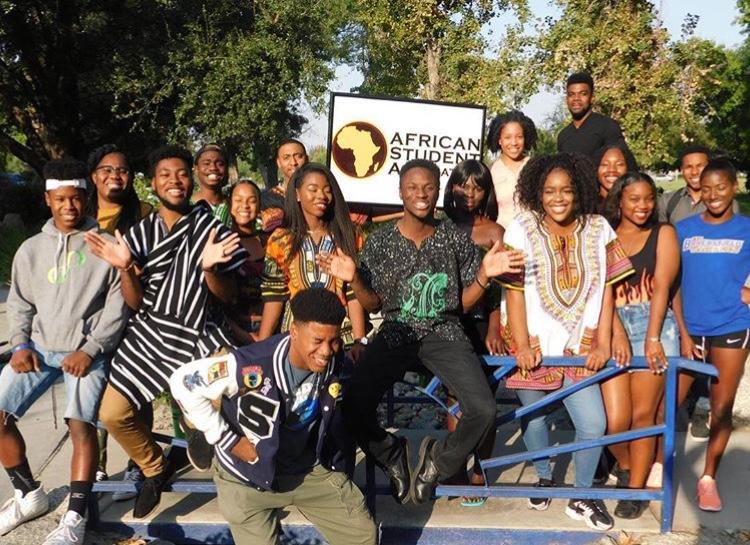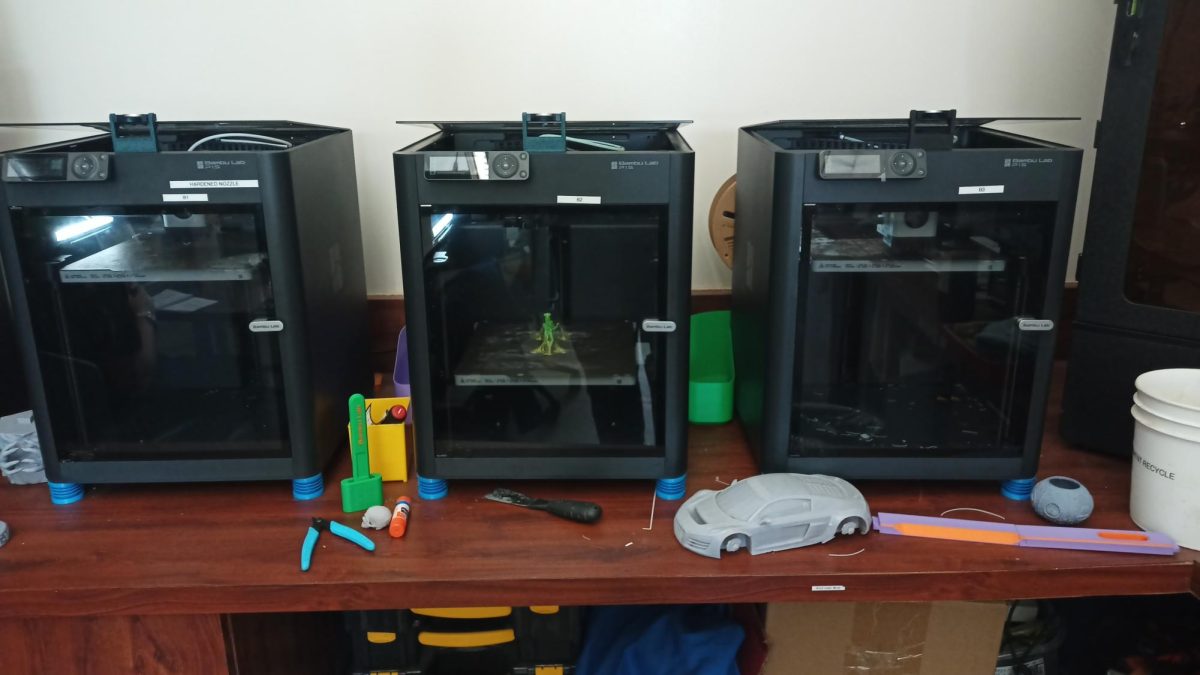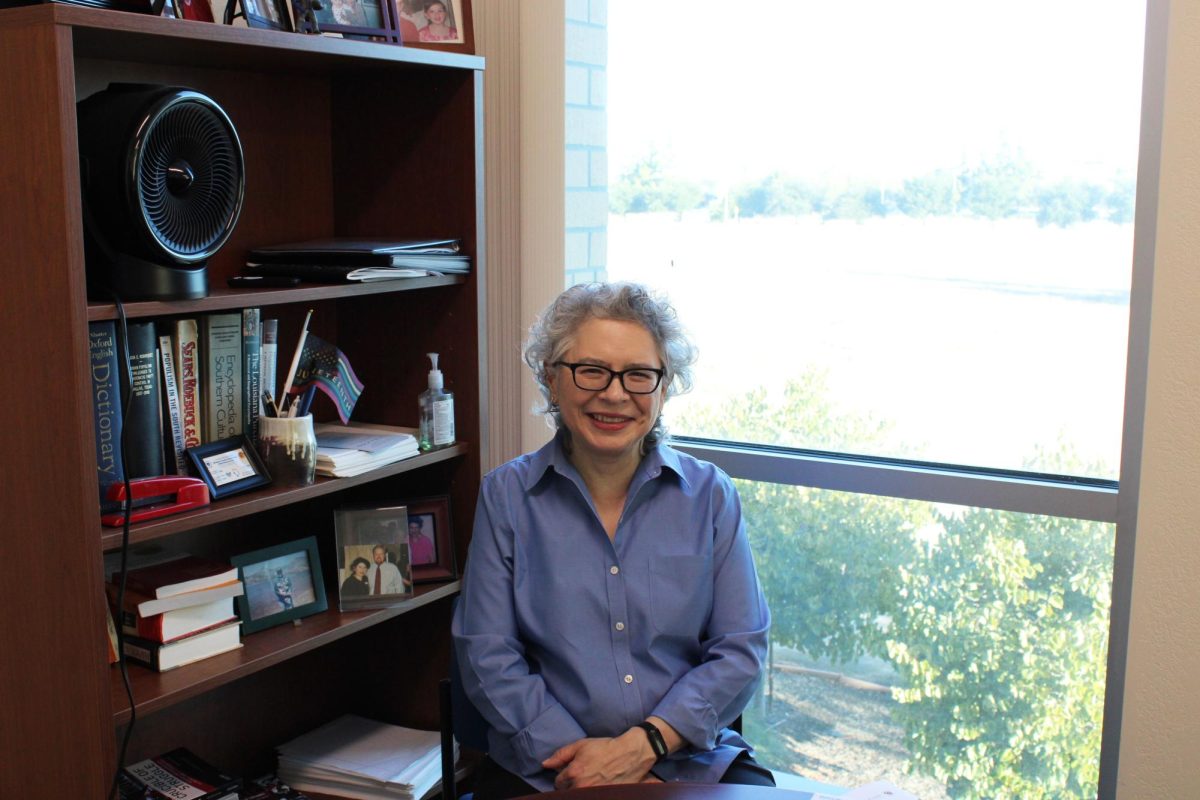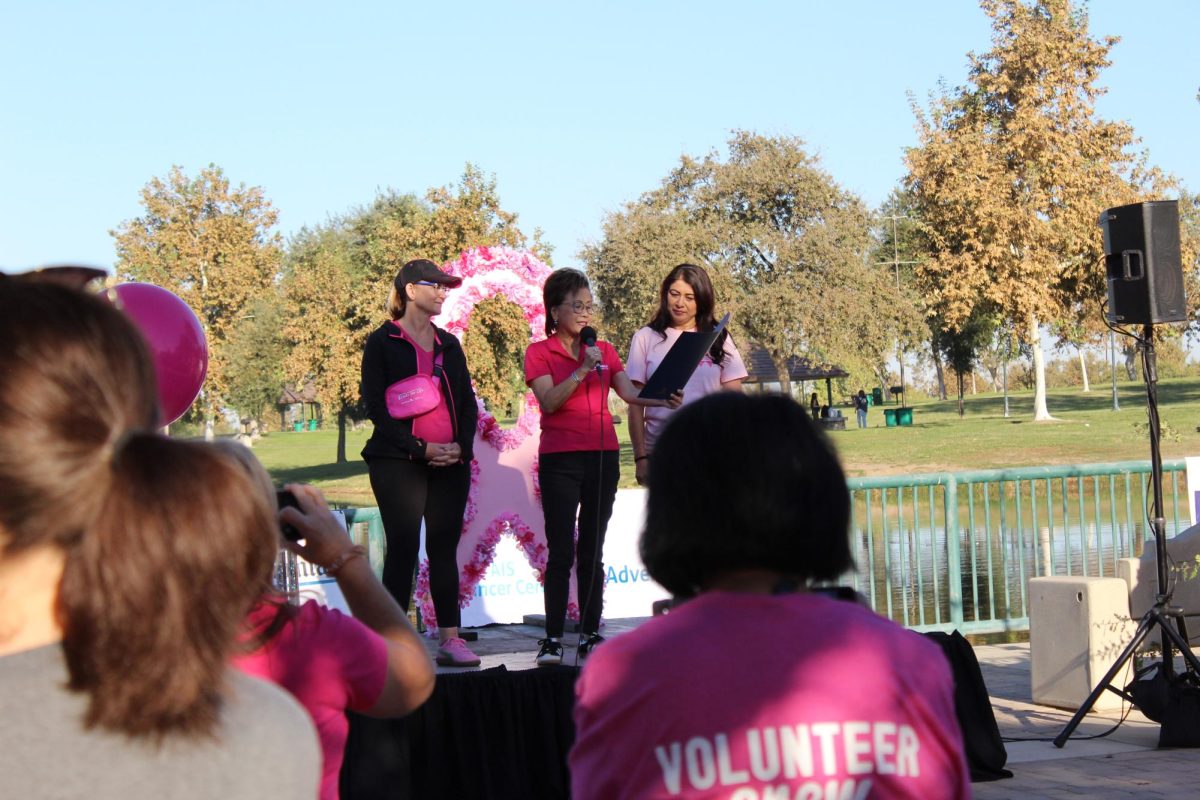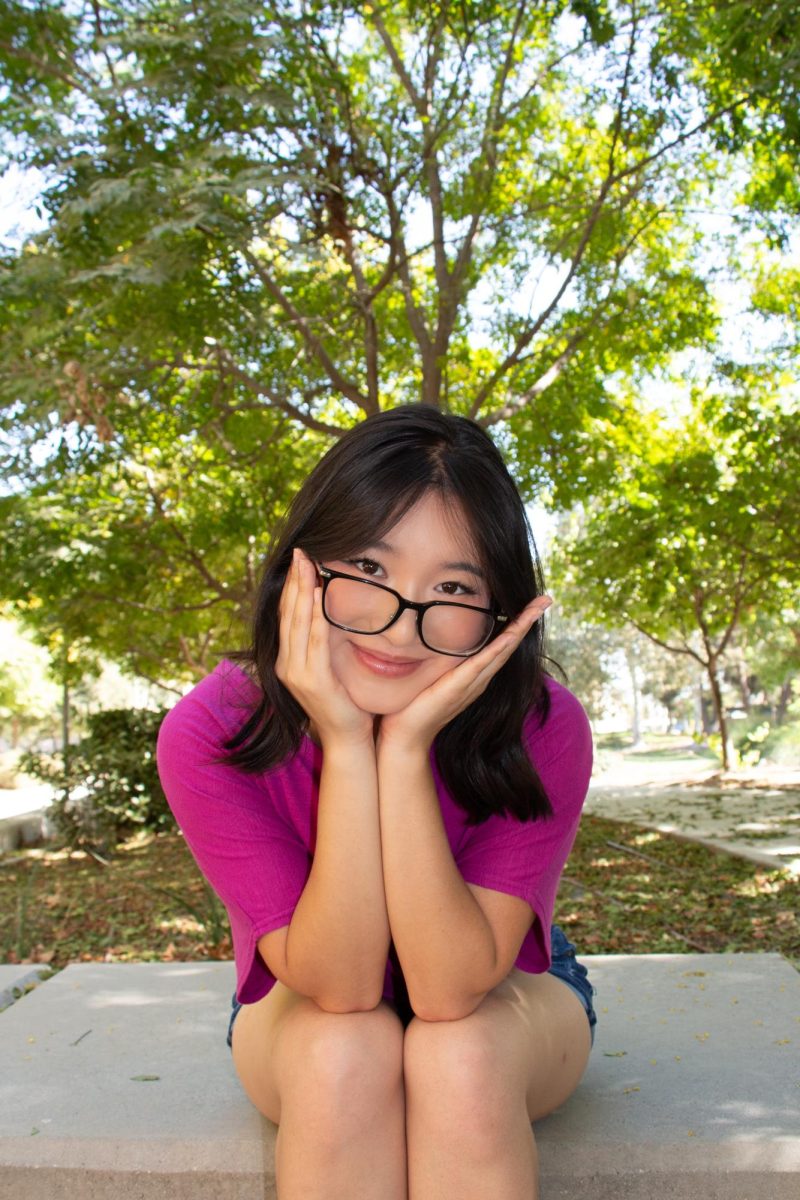By Chelsea L. McDowell
Reporter
Before going off to college, some students may feel like they are leaving the comfort of their home to be alienated by the real world. This feeling may be intensified by factors such as race and culture.
This was the case for Junior Business Administration major Morayo Olujumu . Olujumu, who is Nigerian-American, completed her first year as the President of the African Student Association in May 2018.
The club was founded in spring 2016, by then President and Senior Kinesiology major Precious Nwaoha to promote unity in the African community on CSU Bakersfield’s campus and educate the others on African culture. The ASA prides itself on giving African students a home-away-from-home.
“I knew there was a lot of Africans on campus, but I didn’t know where to find them. So me and a couple people decided to start a club because we had seen other schools and their clubs so we were just curious why we didn’t have one on our campus,” Nwaoha said.
The ASA club has over 40 members, and is growing quickly. The ASA celebrates the diversity that is Africa. Some of the member countries which are represented include Nigeria, the Congo, Kenya, Egypt, South Africa, and Tanzania.
While the ASA has partnered up with the Black Student Union, the clubs are different. However, some consider them to be like brother and sister cubs.
“The main difference between BSU and ASA is the culture,” said Olujumu. “Well, yes, ‘Black’ is overall [an umbrella term], but our club is African specific, relating to the continent.”
During her freshman year, Olujumu noticed that none of the Black History events were inclusive of African students, which caused her to feel left out. So when she found out about the ASA, she was excited.
“The club means a lot to me. They’re all my family,” Olujumu said. “It’s made my college experience way better. I’m not ever homesick, because my home is here.”
Meetings begin with a “Culture Drop.” During the Culture Drops, a country in Africa is featured and explored. Members learn about the music, food, and culture of the selected country.
Then they talk about what’s happening in Africa; Olujumu called this part “hot-topics.” Hot topics is followed by the general business of the club. The meetings close with an open floor that welcomes new ideas from members.
Sophomore Biology major Zuriat Iriafen joined the club the fall of 2017. As a Nigerian woman in a club that is a majority Nigerian, Iriafen found the club to be very close-knit.
“The ASA meetings are very ‘hype,’ I feel like they have a lot of energy,” Iriafen said.
The club is open to all ethnicities and those who are interested in the many countries that make up the continent. The ASA encourages people to teach about their own cultures at meetings.
Thom Turingan is a sophomore nursing student and member of the Filipino culture club Kaibigan. Turigan believes that cultural clubs are important because it allows people to discover a new perspective. He recalled when he attended an ASA meeting.
“I loved it. I actually learned a lot,” said Turingan. “They talked to me about all their clothing and the dance styles that they do. They told me about the meaning behind each one, as well as the clothing that they wear and the importance of it.”
The ASA also has a dance team that has had many performances so far this year. The dance team will be performing at CSU Northridge on May 19.
Each meeting is held at 5 p.m. on Fridays in the Dorothy Donahue Hall room H103.
Photo of ASA club members taken by Morayo Olujumu on October 13, 2017.



